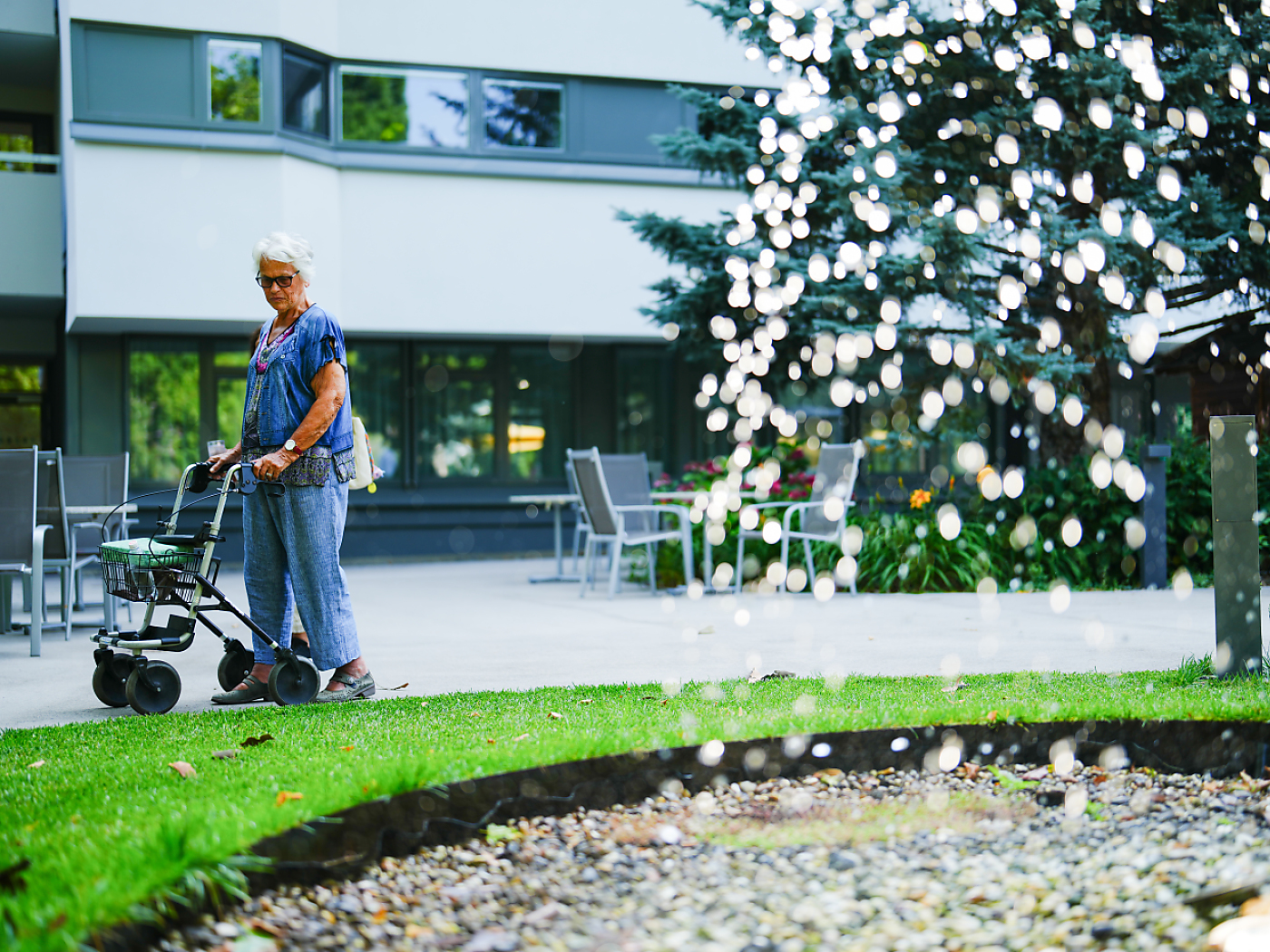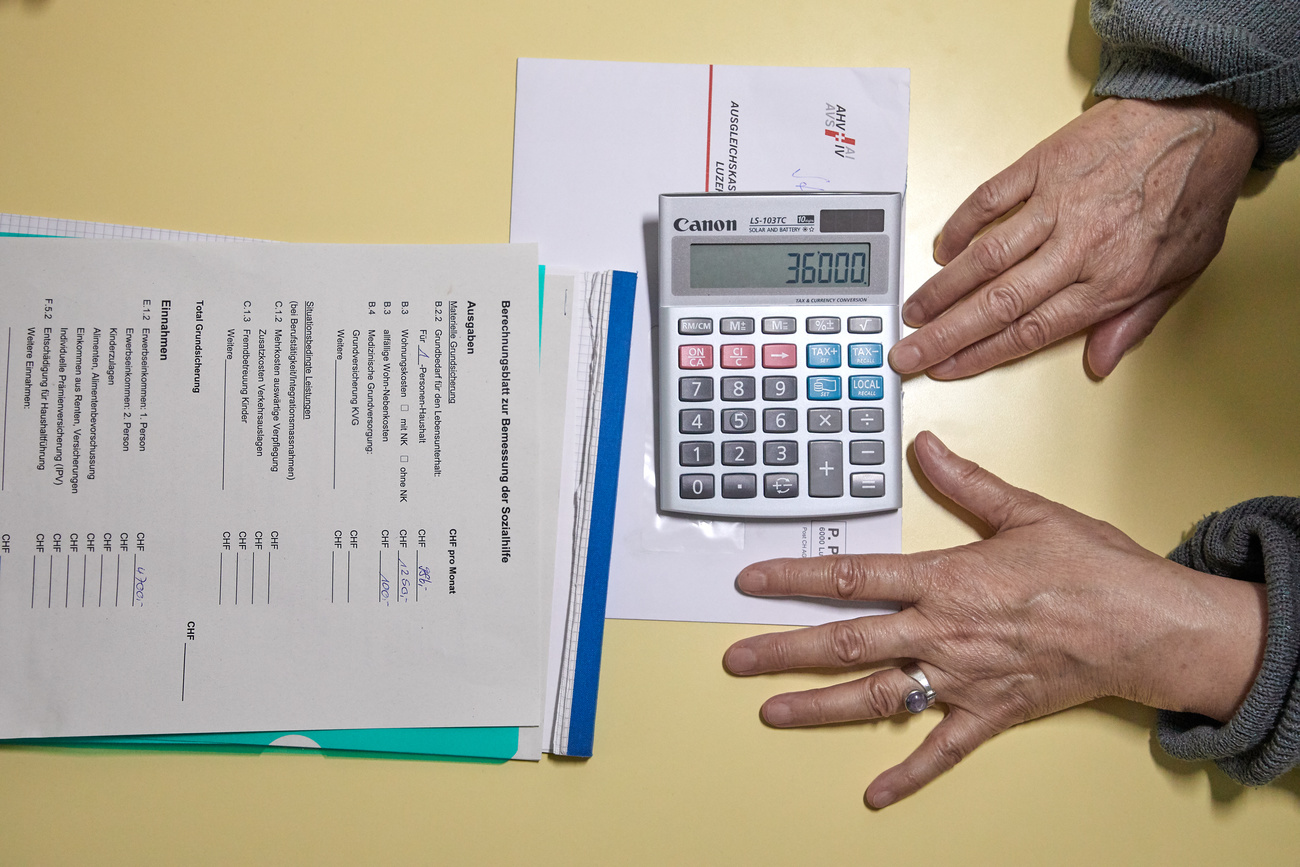
Swiss people only feel old from the age of 80

The Swiss perceive ‘old age’ to start at their 80th birthday, which is a more optimistic assessment than in previous decades. In the 1990s the average Swiss person felt the final stage of life started at 69, surveys reveal.
+ Get the most important news from Switzerland in your inbox
The Federal Statistical Office (FSO) announced the findings of its latest age perception survey, called Panorama Society Switzerland, on Monday.
+ Thousands of Swiss retirees falling into poverty
The study revealed that life conditions in the ‘third age’ (65 to 80) are considerably better than in the later ‘fourth age’, when people increasingly experience illness and dependency.
Retirement homes less popular
Researchers noted a growing diversity in living and household arrangements after retirement. On the one hand, there are more options, but on the other hand there are also inequalities in terms of financial situation and health.
Despite the generally good situation of the older population, poverty in old age is still present.

More
One in seven Swiss pensioners lives in poverty, study says
According to the publication, long-term care has also changed against the backdrop of increasing life expectancy and diversity. Institutional care in retirement and nursing homes is declining, while outpatient care, day care, night care and short stays in retirement and nursing homes are on the rise.
In addition to the FSO, the universities of Fribourg and Neuchâtel and the Swiss Academy of Humanities and Social Sciences (SAGW) also contributed to the publication.
Translated from German by DeepL/mga
This news story has been written and carefully fact-checked by an external editorial team. At SWI swissinfo.ch we select the most relevant news for an international audience and use automatic translation tools such as DeepL to translate it into English. Providing you with automatically translated news gives us the time to write more in-depth articles.
If you want to know more about how we work, have a look here, if you want to learn more about how we use technology, click here, and if you have feedback on this news story please write to english@swissinfo.ch.

In compliance with the JTI standards
More: SWI swissinfo.ch certified by the Journalism Trust Initiative



























You can find an overview of ongoing debates with our journalists here . Please join us!
If you want to start a conversation about a topic raised in this article or want to report factual errors, email us at english@swissinfo.ch.